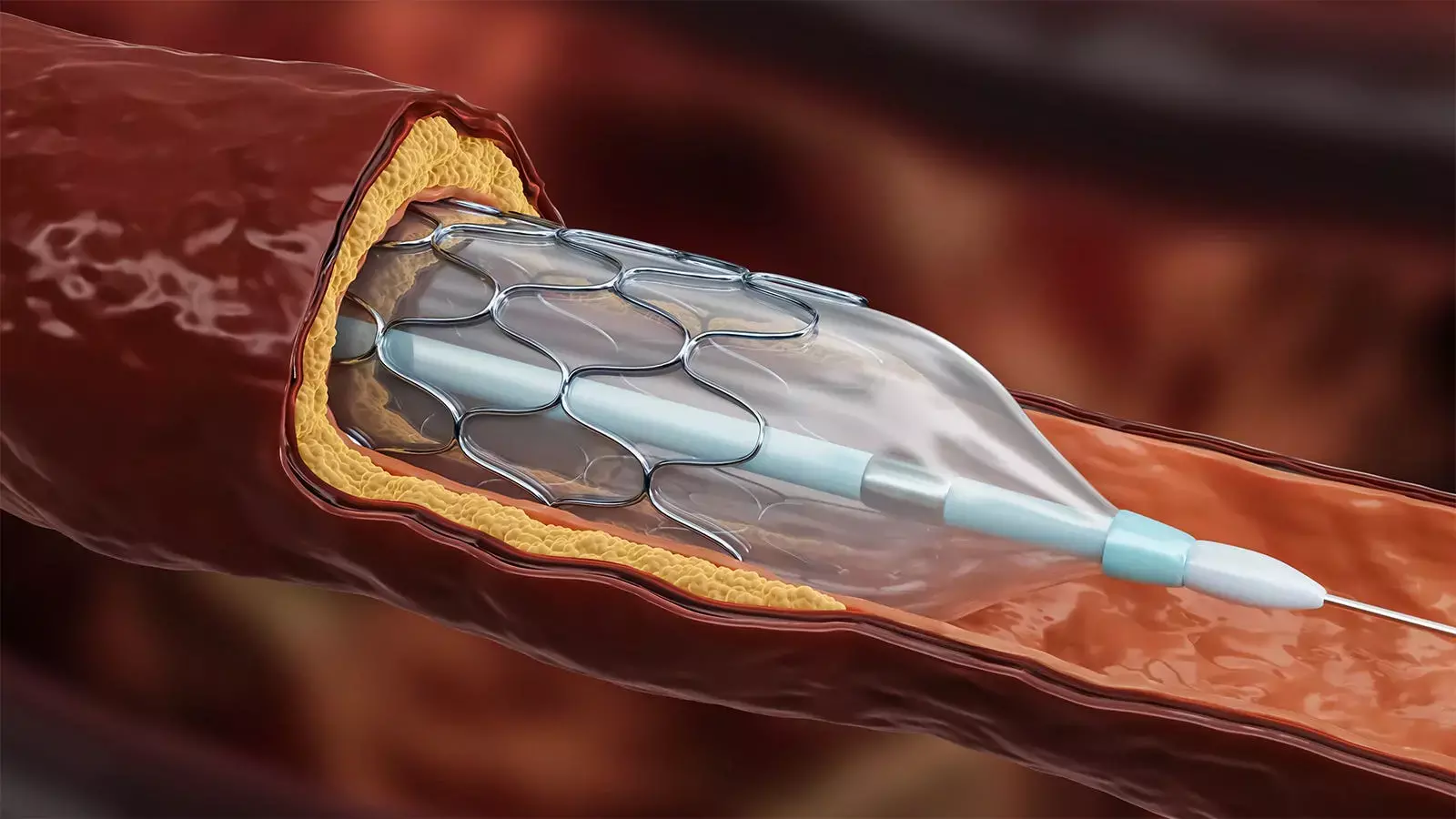- Home
- Medical news & Guidelines
- Anesthesiology
- Cardiology and CTVS
- Critical Care
- Dentistry
- Dermatology
- Diabetes and Endocrinology
- ENT
- Gastroenterology
- Medicine
- Nephrology
- Neurology
- Obstretics-Gynaecology
- Oncology
- Ophthalmology
- Orthopaedics
- Pediatrics-Neonatology
- Psychiatry
- Pulmonology
- Radiology
- Surgery
- Urology
- Laboratory Medicine
- Diet
- Nursing
- Paramedical
- Physiotherapy
- Health news
- Fact Check
- Bone Health Fact Check
- Brain Health Fact Check
- Cancer Related Fact Check
- Child Care Fact Check
- Dental and oral health fact check
- Diabetes and metabolic health fact check
- Diet and Nutrition Fact Check
- Eye and ENT Care Fact Check
- Fitness fact check
- Gut health fact check
- Heart health fact check
- Kidney health fact check
- Medical education fact check
- Men's health fact check
- Respiratory fact check
- Skin and hair care fact check
- Vaccine and Immunization fact check
- Women's health fact check
- AYUSH
- State News
- Andaman and Nicobar Islands
- Andhra Pradesh
- Arunachal Pradesh
- Assam
- Bihar
- Chandigarh
- Chattisgarh
- Dadra and Nagar Haveli
- Daman and Diu
- Delhi
- Goa
- Gujarat
- Haryana
- Himachal Pradesh
- Jammu & Kashmir
- Jharkhand
- Karnataka
- Kerala
- Ladakh
- Lakshadweep
- Madhya Pradesh
- Maharashtra
- Manipur
- Meghalaya
- Mizoram
- Nagaland
- Odisha
- Puducherry
- Punjab
- Rajasthan
- Sikkim
- Tamil Nadu
- Telangana
- Tripura
- Uttar Pradesh
- Uttrakhand
- West Bengal
- Medical Education
- Industry
Revascularization with CABG tied to low MI risk than PCI in left main coronary artery disease: Lancet

USA: Results from a meta-analysis in The Lancet revealed no significant difference in 5-year all-cause death between patients treated with PCI versus CABG for left main coronary artery disease. However, a Bayesian approach suggested a probable minor difference (more likely than not <0·2% per year) favoring CABG. Also, repeat revascularization and myocardial infarction rates were seen to be more significantly common in patients who had undergone PCI.
Both coronary artery bypass grafting (CABG) and percutaneous coronary intervention (PCI) with drug-eluting stents are first-line revascularization strategies for left main coronary disease. However, there is no clarity on whether one method is more effective than the other in patients with low or intermediate coronary anatomical complexity.
Considering the above, Prof Marc S Sabatine, Division of Cardiovascular Medicine, Brigham and Women's Hospital and Harvard Medical School, Boston, MA, USA, and colleagues aimed to evaluate long-term outcomes for patients treated with PCI with drug-eluting stents versus CABG.
For this purpose, the researchers searched the online databases for randomized controlled trials (FRCTs) comparing PCI with drug-eluting stents with CABG in patients with left main coronary artery disease that had at least 5 years of patient follow-up for all-cause mortality.
The primary endpoint was 5-year all-cause mortality. Secondary endpoints were spontaneous myocardial infarction, cardiovascular death, procedural myocardial infarction, stroke, and repeat revascularization. The researchers used a one-stage approach; event rates were calculated by use of the Kaplan-Meier method and treatment group comparisons were made by use of a Cox frailty model, with trial as a random effect. In Bayesian analyses, they calculated the probabilities of absolute risk differences in the primary endpoint between PCI and CABG being more than 0·0%, and at least 1·0%, 2·5%, or 5·0%.
The literature search yielded 1599 results, of which four RCTs—SYNTAX, PRECOMBAT, NOBLE, and EXCEL—met the inclusion criteria and were included in the meta-analysis. 4394 patients, with a median SYNTAX score of 25·0, were randomly assigned to PCI (n=2197) or CABG (n=2197).
Based on the meta-analysis, the researchers found the following:
- The Kaplan-Meier estimate of 5-year all-cause death was 11·2% with PCI and 10·2% with CABG (hazard ratio 1·10), resulting in a non-statistically significant absolute risk difference of 0·9%.
- In Bayesian analyses, there was an 85·7% probability that death at 5 years was greater with PCI than with CABG; this difference was more likely than not less than 1·0% (<0·2% per year).
- The numerical difference in mortality was comprised more of non-cardiovascular than cardiovascular death. Spontaneous myocardial infarction (6·2% vs 2·6%; hazard ratio [HR] 2·35) and repeat revascularisation (18·3% vs 10·7%; HR 1·78) were more common with PCI than with CABG.
- Differences in procedural myocardial infarction between strategies depended on the definition used.
- Overall, there was no difference in the risk of stroke between PCI (2·7%) and CABG (3·1%; HR 0·84), but the risk was lower with PCI in the first year after randomization (HR 0·37).
"Our results showed no significant difference between rates of all-cause, cardiovascular, and non-cardiovascular mortality between the two intervention groups," wrote the authors. "However, significant differences were observed in rates of spontaneous myocardial infarction and repeat revascularization, which was higher in the PCI group. The rate of stroke was lower in the PCI group in the first year after randomization."
Reference:
The study titled, "Percutaneous coronary intervention with drug-eluting stents versus coronary artery bypass grafting in left main coronary artery disease: an individual patient data meta-analysis," was published in The Lancet.
Dr Kamal Kant Kohli-MBBS, DTCD- a chest specialist with more than 30 years of practice and a flair for writing clinical articles, Dr Kamal Kant Kohli joined Medical Dialogues as a Chief Editor of Medical News. Besides writing articles, as an editor, he proofreads and verifies all the medical content published on Medical Dialogues including those coming from journals, studies,medical conferences,guidelines etc. Email: drkohli@medicaldialogues.in. Contact no. 011-43720751


